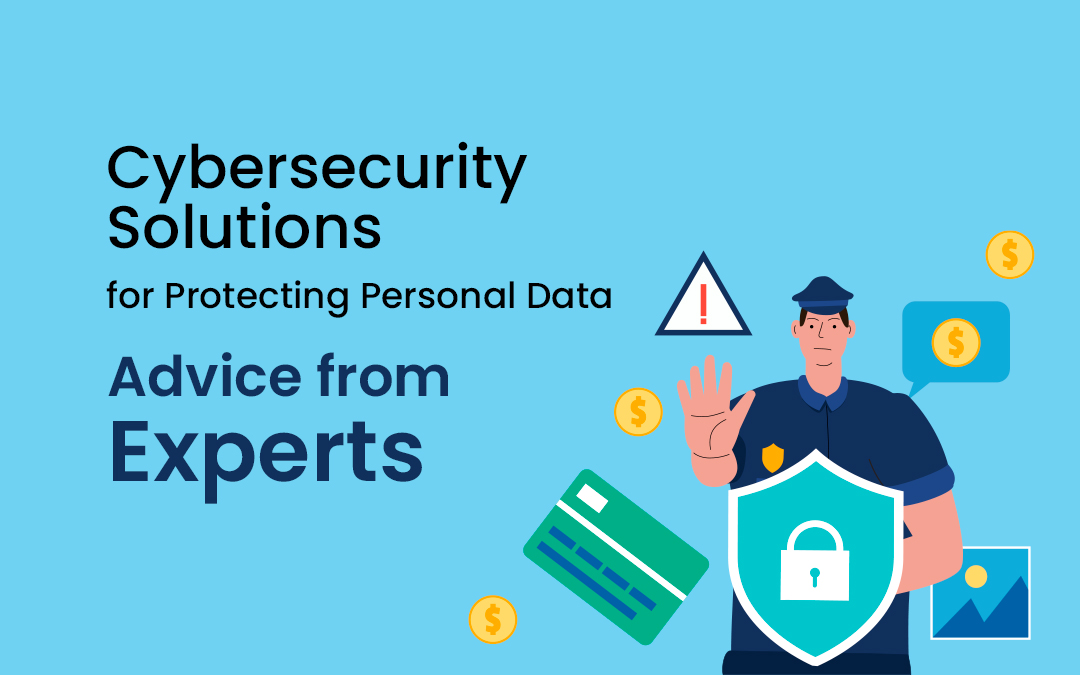
Living in a wired world, personal data is more vulnerable than ever. From social media to banking, your information is always exposed and in the line of theft or other forms of exploitation. The cyber crooks always adapt, and anyone without protection might fall victim. How to protect yourself? With expert-recommended cybersecurity solutions, you are guaranteed to keep your personal information safe and be able to sleep with your eyes closed, knowing that indeed, your data is well protected.
Want to take control of your data security? Continue reading to learn the best solutions for cybersecurity, coupled with expert tips that will keep your personal information safe from today’s most dangerous cyber threats.
Why Personal Data Protection Is Most Important Nowadays
Personal data protection is arguably crucial. Starting from social networking profiles to online banking, almost everything we undertake leaves a digital footprint. It has not gone unnoticed by hackers and users who come up with new means with every passing day to commit fraud by stealing personal information for financial purposes or to take undue advantage of any vulnerability.
This could also include personal information like identity, banking details, and social security numbers in fraud, identity theft, or even targeted phishing attacks. Protection of this information is critical to ensure security and peace of mind. Being oblivious or unaware of these threats might result in very disastrous effects on a personal and financial level.
Besides, various countries have taken stern legislation like the GDPR and CCPA, which make a person and organization fully liable to ensure that personal information is protected well—failure to protect results in heavy fines apart from harm to your reputation. Thus, there is a greater need for personal data protection using effective cybersecurity solutions.
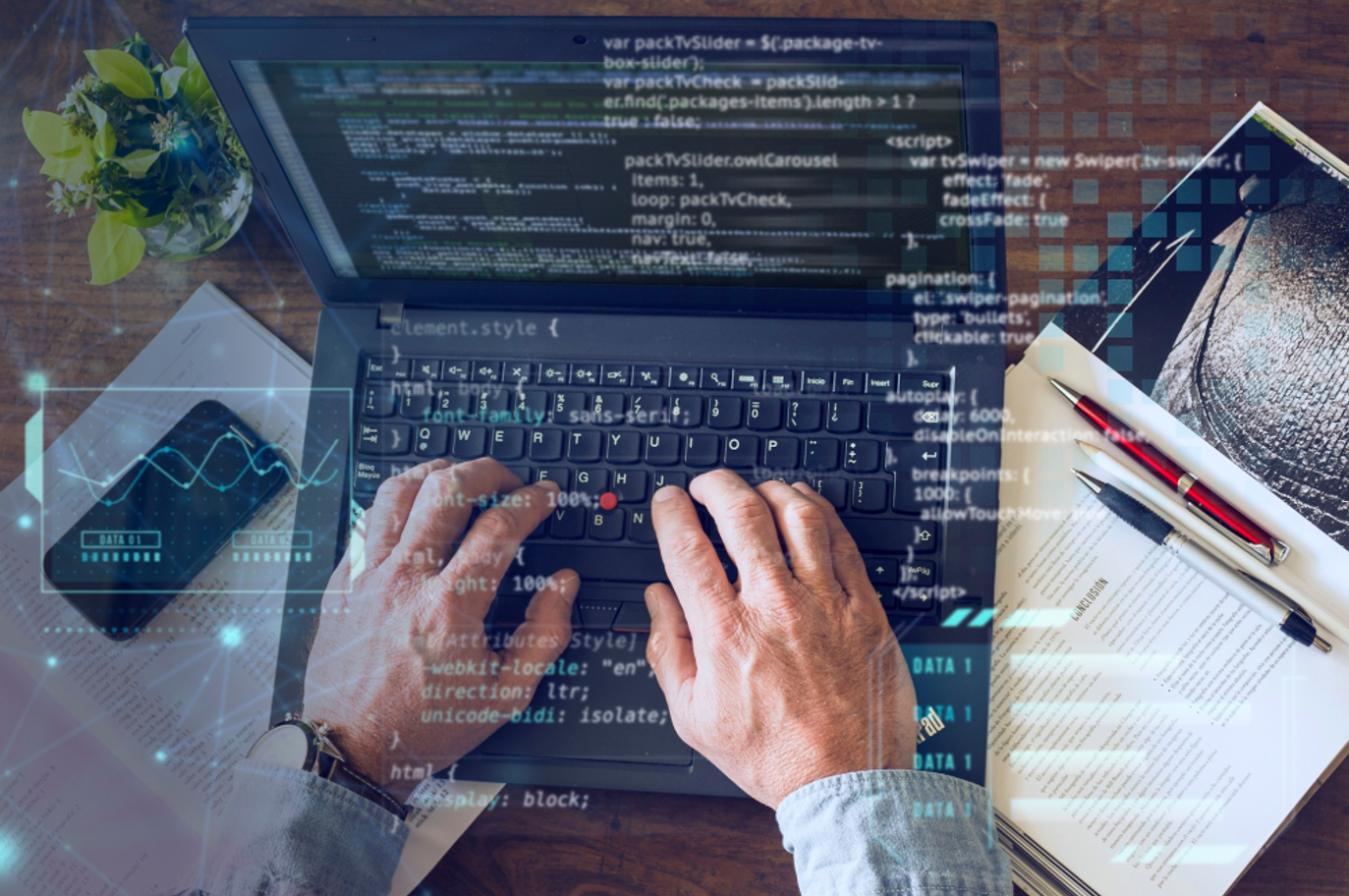
Strengthen Your Guard: The Best Cybersecurity Solutions You Must Implement
Encryption is one of the prime cybersecurity solutions for protecting your personal information from intruders. It performs its function by converting readable data into unreadable form, which can only be decoded with the right encryption key. Whether sending emails, storing data in the cloud, or transmitting sensitive information over networks, encryption ensures that even if cybercriminals intercept your data, they will not make sense of it. It's like your personal information is turned into some code that nobody can crack, and without a key, it is just a bunch of scrambled characters.
This is of special importance with financial transactions, medical records, and all kinds of sensitive information traveling over the internet. Businesses also employ encryption to safeguard consumer information and ensure confidence in their customer base. Without encryption, it leaves one vulnerable to information breaches, which can result in information that has value falling into the wrong hands and may cost money and jeopardize everything with regard to reputation.
Multifactor Authentication: Adding More Barriers to Breaches
Multi-factor authentication, or MFA for short, is another layer of defense that helps shield your personal information. Having just a password to protect an account is not good enough; hackers are good at either guessing or stealing passwords using one technique or another.
To help combat this, after first logging on using a password, MFA requires extra steps, including biometric data such as fingerprints or facial recognition, or even a one-time code sent to your phone. This means that even when a hacker finally gets your password, they will need the other form of authentication to get into your accounts. One of the easiest yet strongest ways of preventing unauthorized access and account breaches.
MFA is most valuable in securing very sensitive accounts including online banking, email, and social media accounts. If you use MFA, you are putting a second lock on your door so that even if someone compromises one key, your data will be safe.
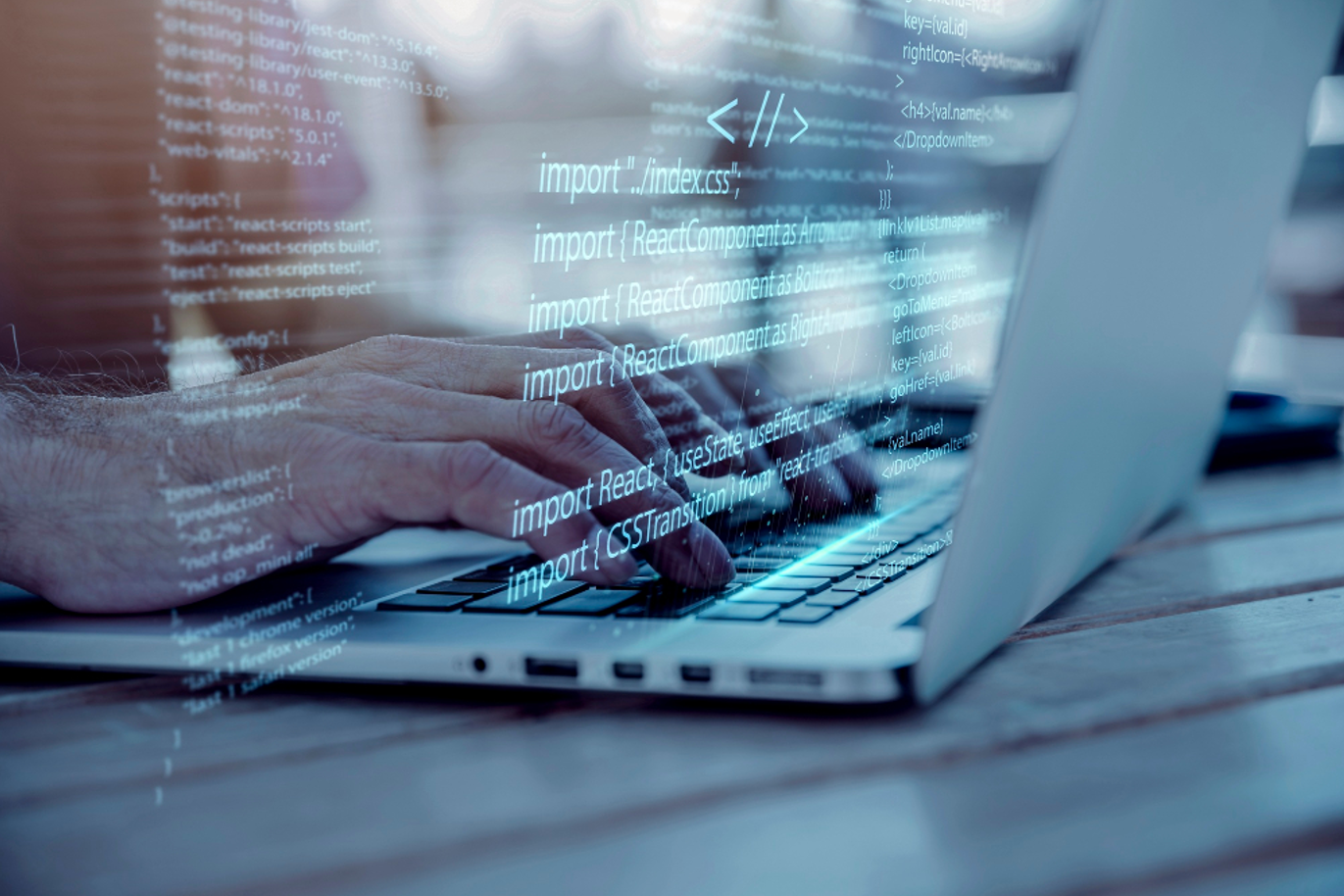
Stay Current: How Software Updates Protect Your Data
Most people never consider one of the most important things they should be doing with their software: updating. Cybercriminals will often exploit known vulnerabilities in outdated software as a way into your systems. It might be in anything from your operating system to applications you work with every day. Keeping your software up to date patches those security holes and makes it much more difficult for hackers to find their way in. Think of software updates as repairing cracks in a dam: small problems, if left unchecked, become big ones down the line.
Regular updates also ensure that you get to enjoy the latest security features and enhancements. Software firms continually update their products to counter emerging cyber threats, and failing to do so exposes your personal data to new risks.
Pro Tips to Protect Your Data Like a Boss
Ways to fortify your defense passwords are your first line of defense, but they tend to be the weakest point. Most people use simple or repeated passwords across many accounts, making it easier for cybercriminals to access. Experts recommend that you create strong and unique passwords for every account.
A strong password should be a mix of upper and lower case letters, numbers, and special characters. Also, try to avoid passwords that can be easily guessed, such as birthdays or pet names. Better yet, use a password manager to keep track of your passwords securely and without using the same password across multiple platforms.
Another good move is changing your passwords regularly. Although it is a pain in the neck, doing this really reduces the possibility of your account being compromised. Sometimes, hackers even give it time before making their move with the stolen credentials; they just wait for an opportune time to attack. Changing your password often helps you to stay ahead of breaches.

Spotting the Bait: Outsmarting Phishing Scams
Various phishing scams are among the hot favorite ways through which cyber criminals trap users and take away personal information. These generally come in the form of emails or messages that appear to come from sources you trust, such as your bank, workplace, or a well-known brand. They will normally urge you to click on a link or download some attachment, which will then install malware onto your device or redirect you to a fake website crafted just to steal your personal data.
Specialists recommend being very careful with the email address of the sender and the text message he or she sends you; never click on anything unless you are fully assured. Be suspicious of any email that would want you to act quickly because your account has been compromised. Something is fishy if it calls onto a request on the organization's official channels that is better handled by phone or in person.
Share Less, Protect More: Limiting Your Online Footprint
This means there can be times when oversharing on social media can yield unforeseen consequences. Such cybercriminals could take this kind of personal information about your home address, your phone number, or even where you work and use it to build a profile about you and make you more vulnerable to those targeted attacks. The more you put out, the easier it is to piece together all of the information about your identity and then use it for malicious purposes.
Be judicious about what you put up on the Internet. Periodically check your social media accounts and place privacy restrictions on your posting audience. This also includes not posting sensitive material in public forums or platforms that do not take serious measures to protect the information placed within them. The less footprint, the less information cyber thieves can find about you.
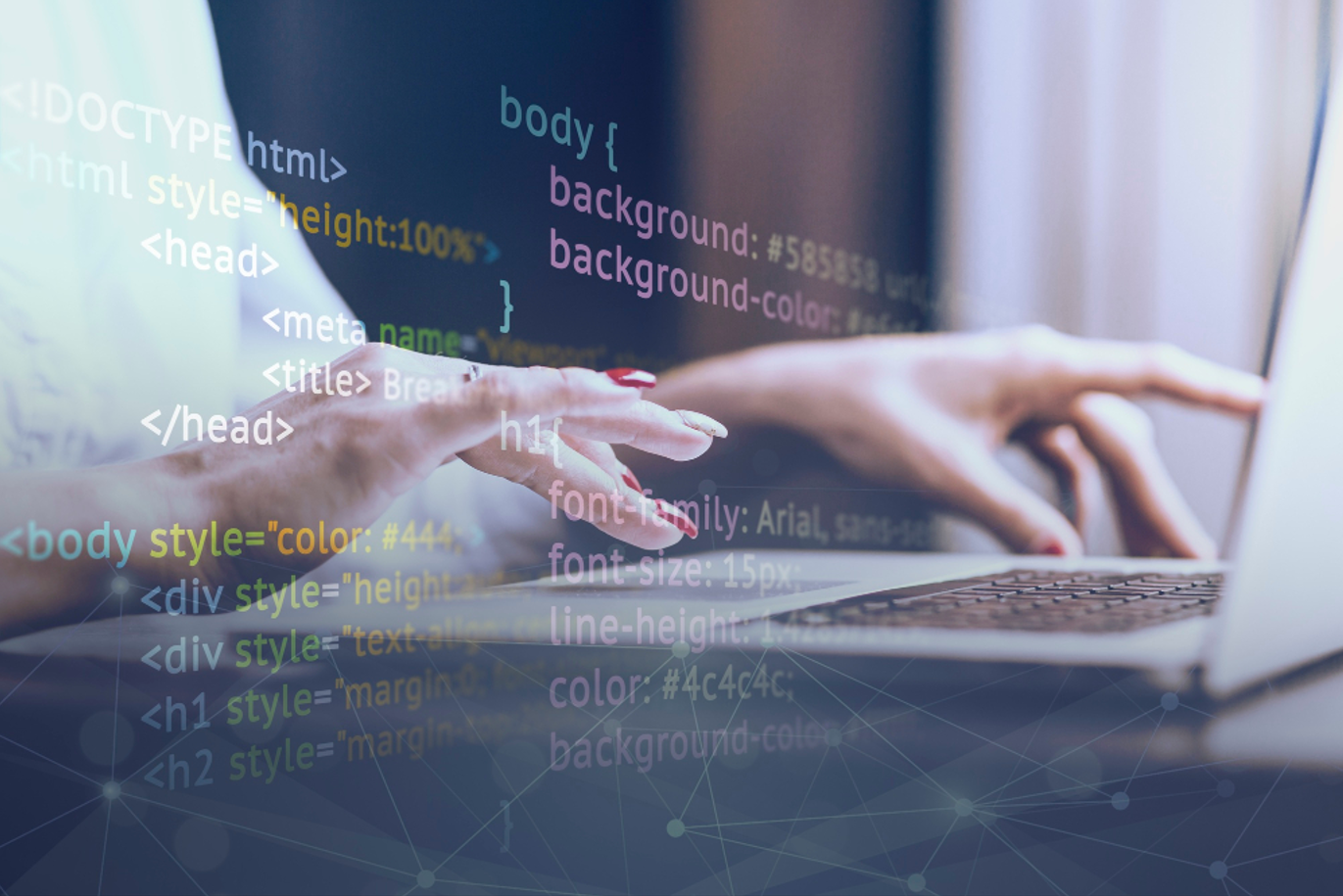
Key Control: Who Should Have Keys to Your Data?
Personal data protection becomes even more important in a corporate environment since companies are processing enormous amounts of sensitive information related to their customers. One of the most efficient ways to protect the data is through good access control policies.
Not every employee needs to have access to all company data. Role-based access control would enable an enterprise to ensure that the right people in the correct role have proper access to information. For example, your HR team needs access to employee records, but that same team doesn't need access to sensitive financial data.
The introduction of access control limits potential damage that may occur upon the breach of data. If third parties could not have access to sensitive information, such a huge breach could not take place. Also, it would be a bit easier to maintain records of who was in a position to access what data because there would be, so to speak, a kind of audit trail helpful in the identification and prevention of security issues.
Security Audits: Uncovering Weak Spots Before the Bad Guys Do
It helps maintain good cybersecurity through regular security audits. In general, such audits enable an organization to discover weak points in its system before the hackers can have any chance to take advantage of them. That means everything in your security infrastructure firewalls and antivirus software right down to the practices of your employees and data storage methods be under review. Conducting audits regularly means you get to stay ahead of cyber threats and patch up their weak points before they result in a breach.
Security audits also provide great insight into areas for improvement. Maybe your staff needs more training regarding phishing emails or some software is running behind the times that could pose a risk. With this type of intelligence, you are able to further develop your data protection policy accordingly.
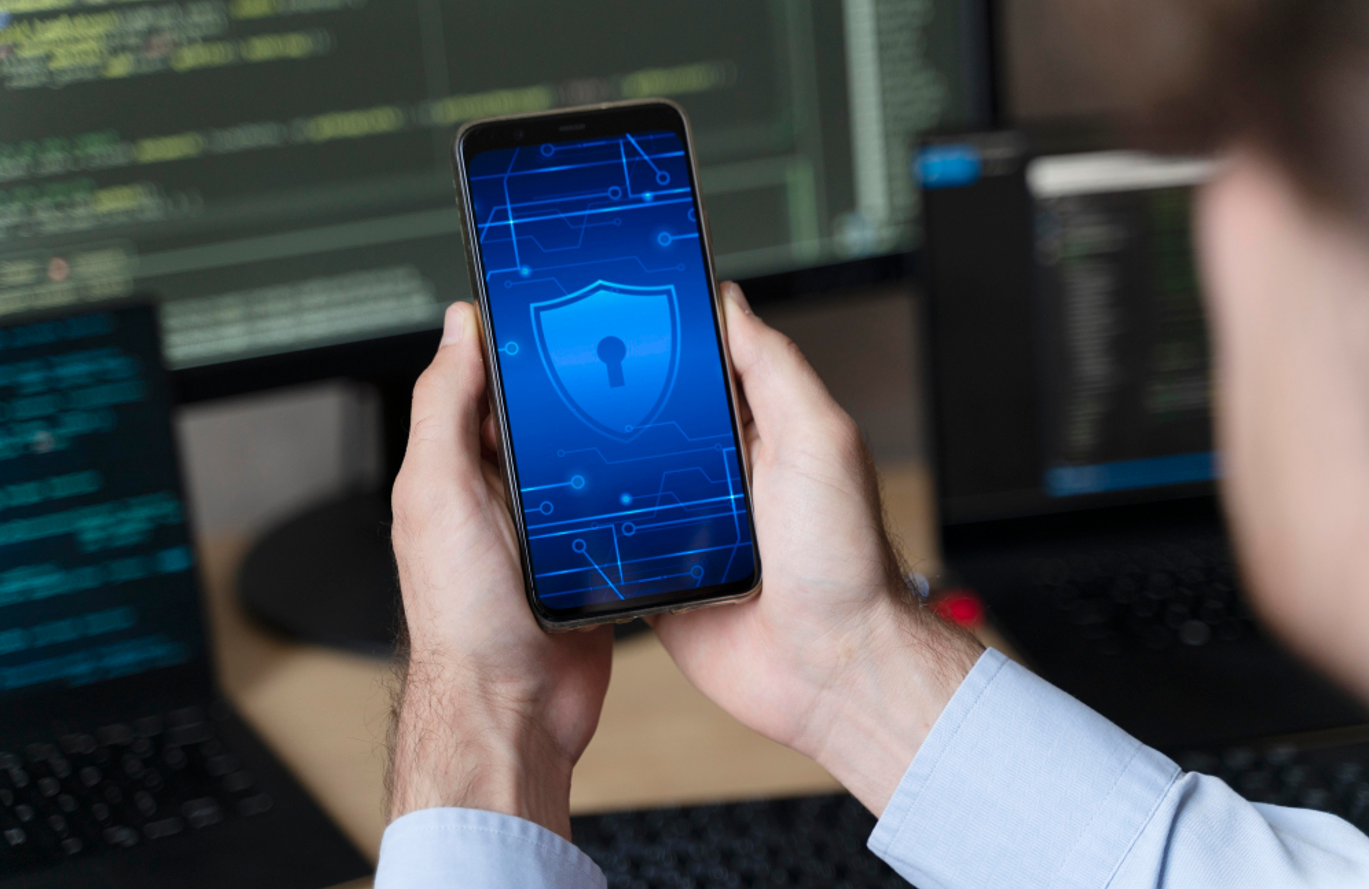
Employee Training: Your First Line of Defense
Workers are typically the weakest link in the cybersecurity chain, and cybercriminals know that. That is why most attacks are aimed at staff using social engineering techniques such as phishing. Employee training programs should be in place to make cybersecurity best practices a part of corporate culture. Train your personnel on how to identify suspicious emails, how to create and manage strong passwords, and the dos and don’ts of handling data based on established practices, and you will be well off to lowering the risk of a breach.
Well-trained employees are your first line of defense against cyber threats. They become more inclined to recognize phishing attempts, less susceptible to being fooled by them, and report anything suspicious-looking. Regular training provides your staff with up-to-date knowledge on the newest risks and security best practices to help defend corporate and customer data.
Wrap Up
The more sophisticated the threats become, the more sophisticated the tools used to combat them need to be. Artificial Intelligence and Machine Learning are playing an increasingly important role in solutions for cyber security. These technologies analyze huge volumes of information for patterns to detect potential threats before any actual damage is done. AI-driven systems can rapidly identify anomalies in network traffic or user behavior and provide real-time alerts upon detection of a possible breach.
Machine learning algorithms improve continuously with more data fed into them. This thus means that AI and ML features have become critical to cybersecurity, given that this speed and accuracy could never be attained with traditional methodologies.
Share this post
Leave a comment
All comments are moderated. Spammy and bot submitted comments are deleted. Please submit the comments that are helpful to others, and we'll approve your comments. A comment that includes outbound link will only be approved if the content is relevant to the topic, and has some value to our readers.

Comments (0)
No comment